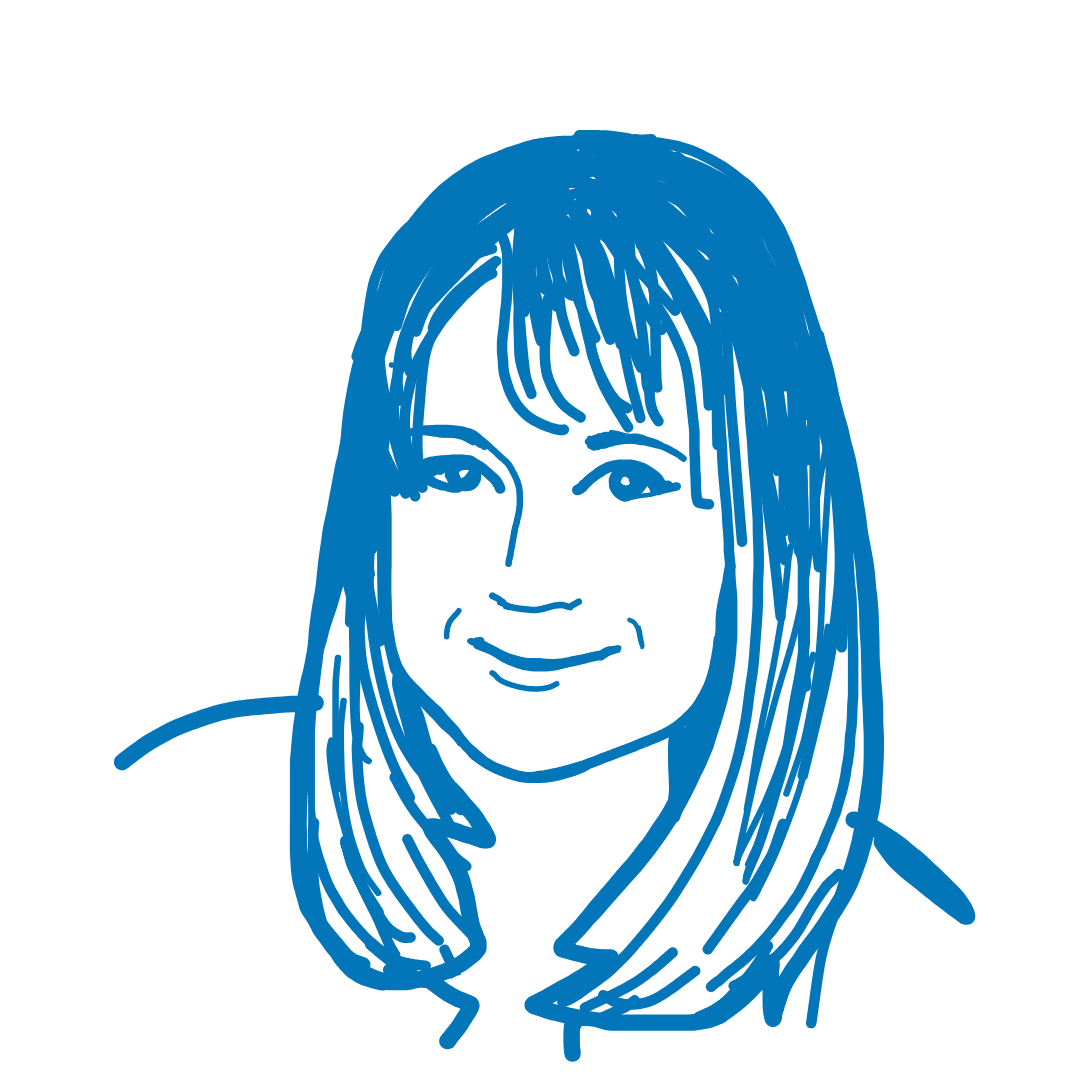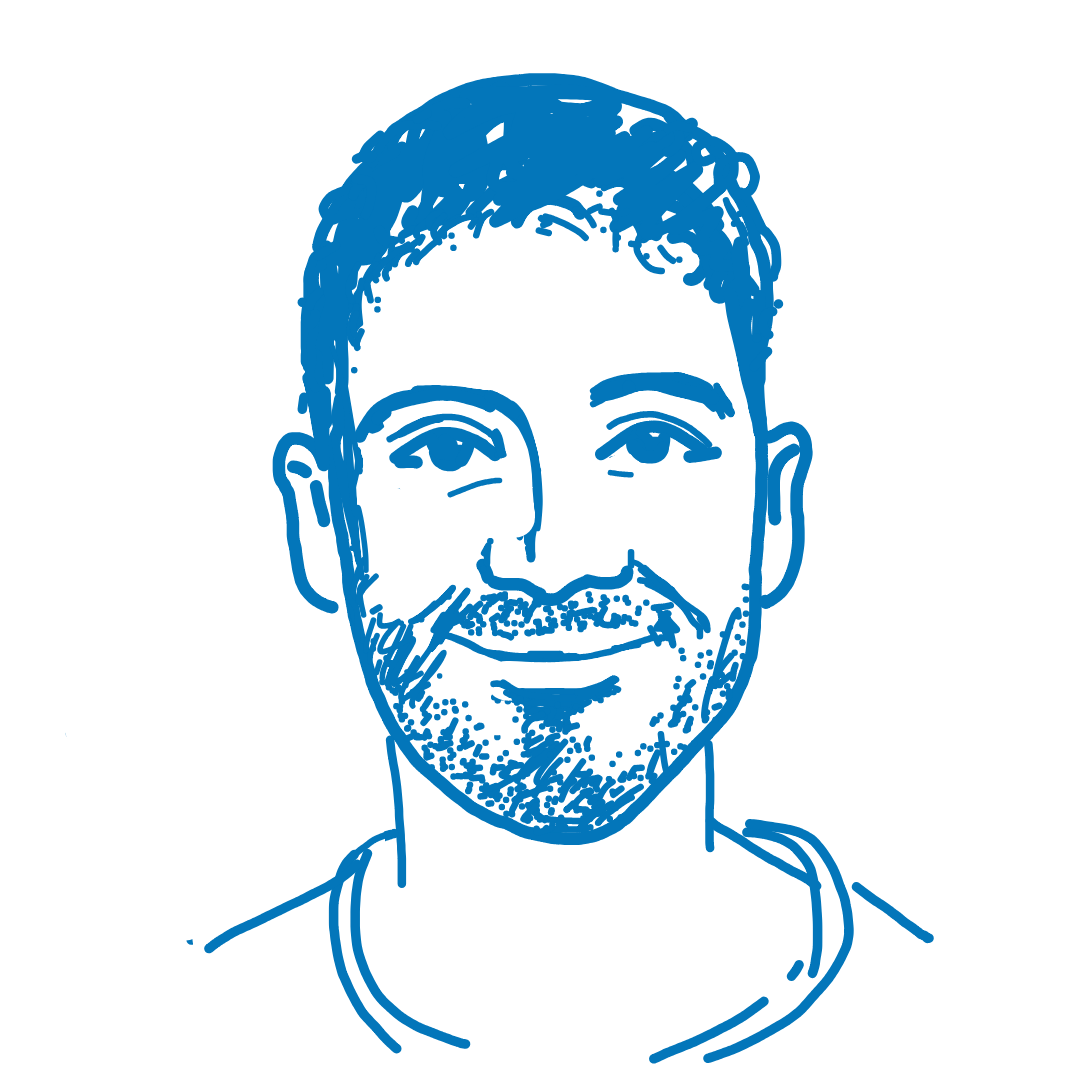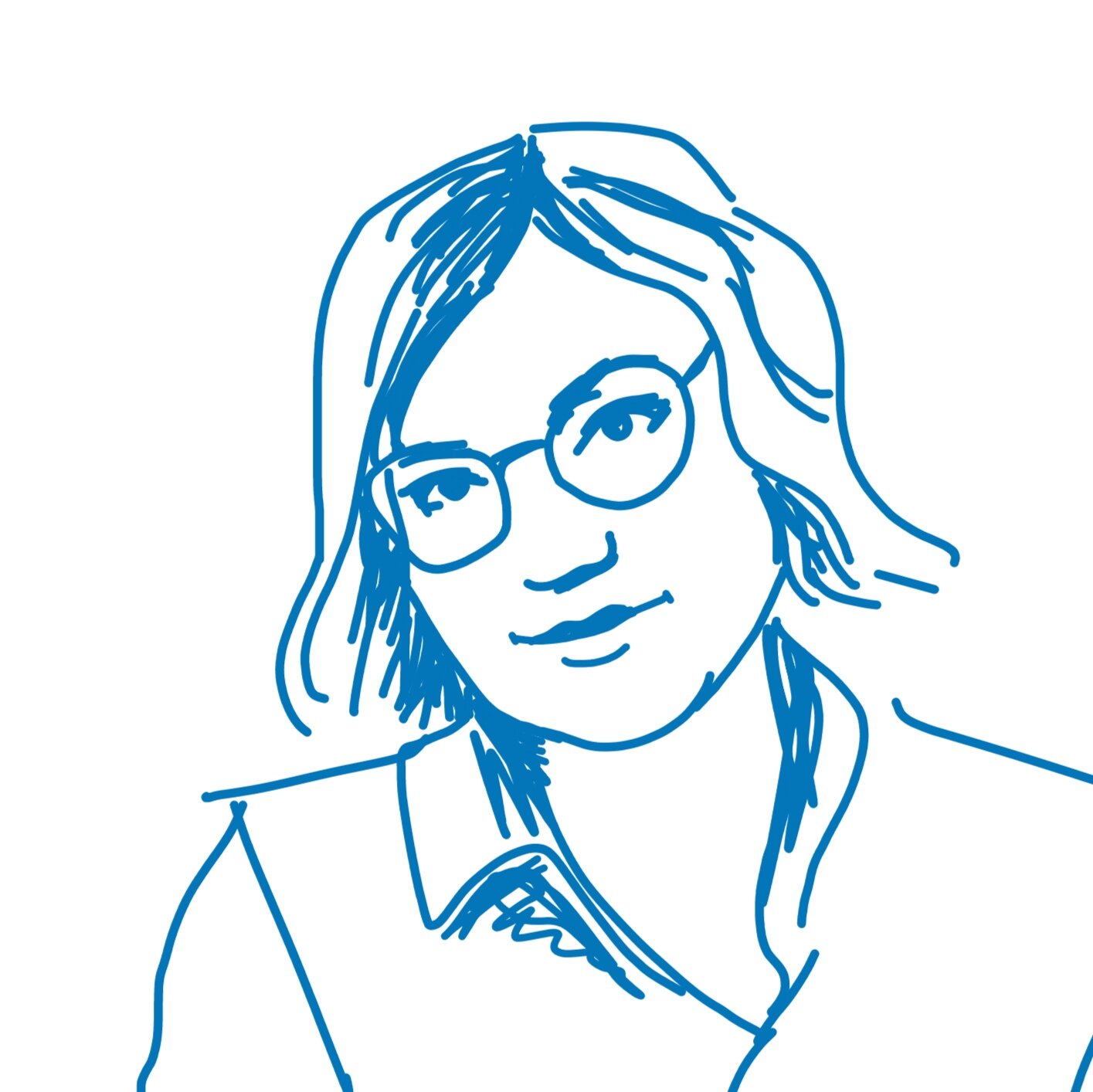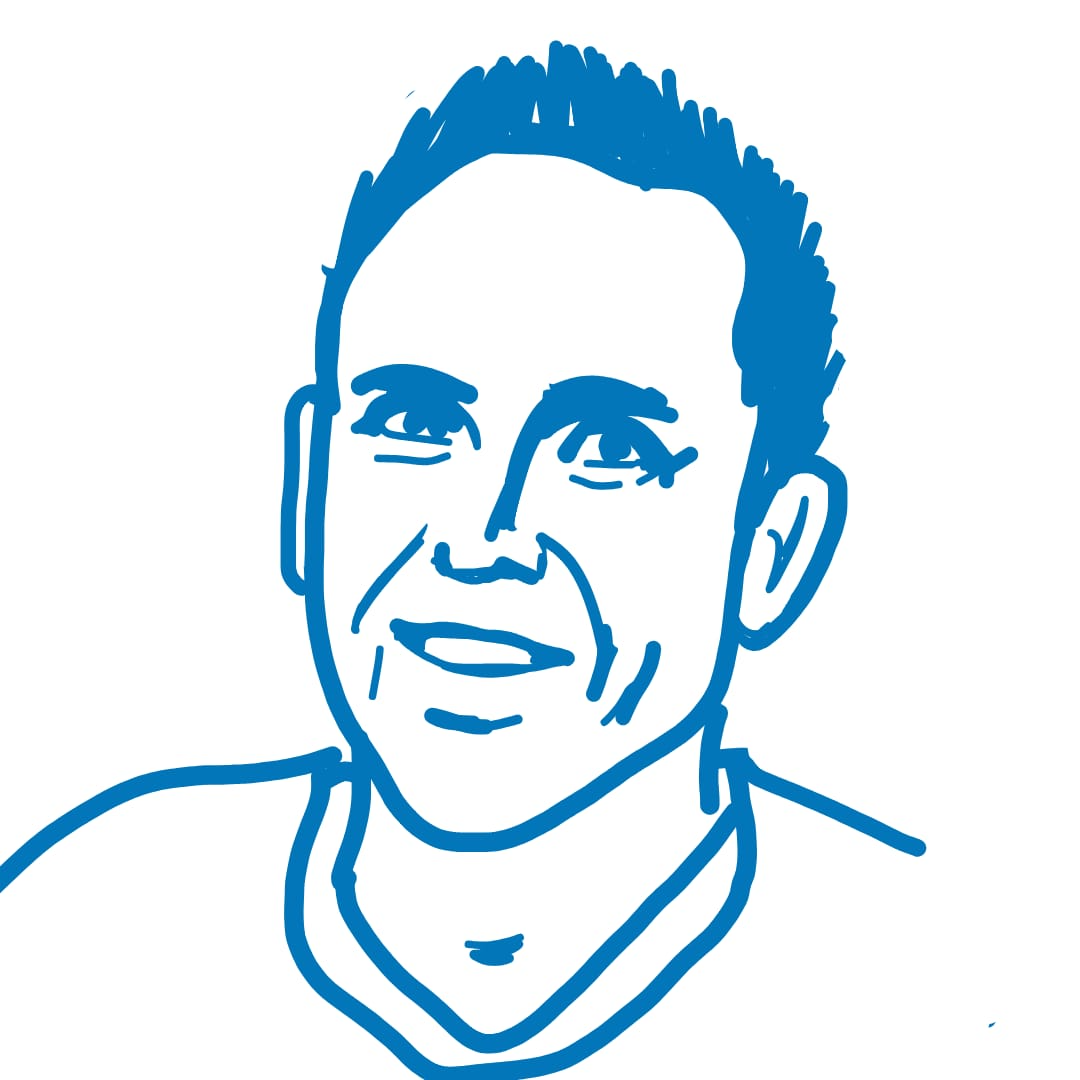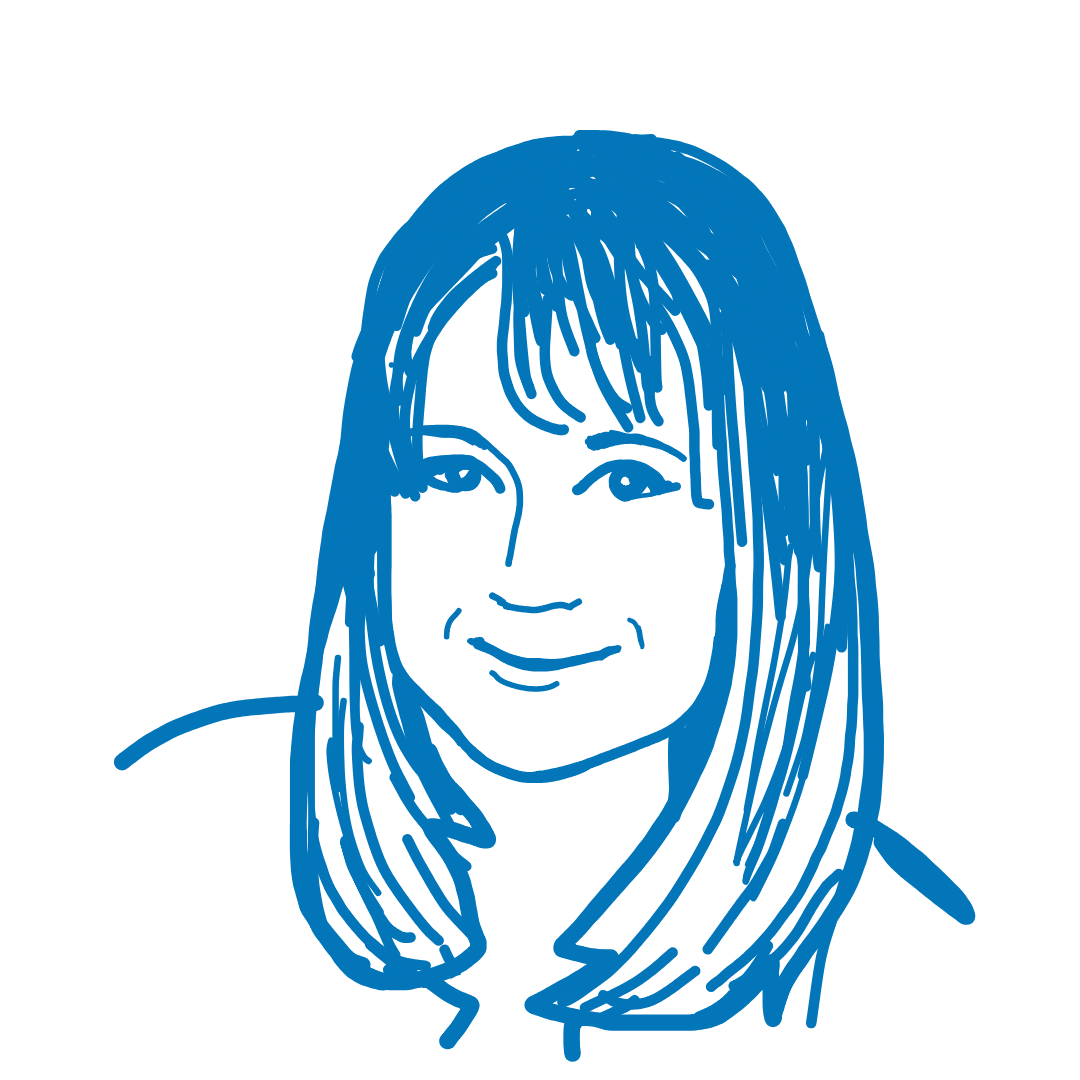First Steps in Research #2: Passion & Empathy
Empathy is the buzzword when it comes to User Experience work. But what does that mean? Clearly, it is a job for people who care about people. It is a job for people allowing themselves to feel, to be passionate, to advocate for the needs of strangers. Which can be very rewarding. It can be inspiring. And it can be emotionally taxing.
For our second edition of the mini-series First Steps in Research, we again asked a group of UX, User, Market, Product, and Design Research leaders about moments of their work that touched and stunned them.
If you are new here, check our previous post for a little background on how they became the successful and respected researchers they are today.
Empathy is our business. Are you able to share a moment or story with a study participant that deeply moved you?
Yes, I had planned a usability test and the prototype was not ready in time. So we spontaneously turned the test into interviews on personal finances. And the stories people told me were so deep and so open. I was totally caught off guard. After the first few participants, I interviewed 'worse' on purpose and went into less detail. I had realised that we were crossing an ethical line. The participants were not invited for this and they were not sufficiently warned in advance. I was profoundly impressed with what you get to learn from other people in an hour and with the huge responsibility to handle their personal stories well. That actually led me to prefer doing just usability tests for a long time. Because I had more control over the topics that came up. It's only now that I'm getting closer to people again and can guide the team on how to handle these personal treasures of our participants responsibly.
One? Wow, I could even tell you my top 10. I once tested an image campaign for a NGO. We talked to a great deal of people all over Germany who are involved in voluntary work (in the political or social field). We wanted to understand their drivers and motivations. I met a young man in Eastern Germany. When I asked him why he was so engaged, he started crying. He told me how his best friend had been beaten up by right-wing extremists and was now in a wheelchair. I was overwhelmed by his story and openness. And I felt guilty that I made him cry with a basic question. I was really moved as it showed me that there is always a story behind what people do.
Prezi is best known for its innovative presentation tool. A cab ride once turned into a research conversation accidentally, when the cab driver found out I work for Prezi. She told me how her Prezi helped her socially withdrawn son to connect and express himself to his class and teacher presenting his bold ideas regarding science. It felt humbling to learn about the ways in which our product touched people’s lives in such a profound way.
Tom Illmensee, Product Strategist and Founder of Orbital Music Park
There have been many times when both participants and researchers have choked up (and even cried) during particularly intense interviews and field research expeditions. When I worked with a company serving people looking for hourly jobs, we met a lot of people with challenging life stories and circumstances that moved us. Even more than 10 years later I can still remember those moments. Since COVID-19, I've worked with music educators and grade-school music students and their families as they navigate the complexities of the pandemic. And at OMP our members use music to process their troubles and afflictions - and we help them musically, emotionally, and sometimes spiritually.
I’m thinking about a set of interviews I did in the summer of 2020. These interviews were about people using my client’s software. We wanted to find out what they had built and how they went about it. In most cases they were building organizational tools to help with somewhat dry processes. But underlying all of this was what was going on in the world during that time; the man organizing the family’s pantry and sourcing special foods for their baby; several people who were unemployed and tracking their applications and interviews, others who were unemployed and building portfolio pieces to show prospective employers what they could do. Although my memory of that whole time is suffused with the sadness that we all were feeling, one man in particular sticks in my mind. He described his career to date and the many creative things he was doing to move on, professionally. He put a positive face on his situation (and speaking to me, a stranger, in a quasi-professional context, I wouldn’t have expected anything else) but the practical and emotional needs were tangible. Speaking over Zoom, I was both glad for the professional and technical distance but also felt the frustration of the limited connection we had.
How about Passion? Which seemingly random skill or talent of yours turned out extremely valuable as A UX Researcher?
I think it's a combination of my empathy paired with the ability to actively listen that turned out to be very helpful in research. Ever since childhood, I've been someone family and friends would turn to in order to talk to or confide in when they needed someone to listen to them. And in addition to that, I am quite empathetic and very observant to peoples reactions, emotions and needs, which is something that is quite useful in research when you are trying to uncover needs or goals and connect different facts to better understand people.
Doing karaoke! I was born in Japan and was introduced to karaoke from a pretty young age. Karaoke taught me a lot: how to be confident in front of a crowd, the importance of reading the room and knowing when to pass the mic (or share the stage!). Turns out these skills translate really well to facilitating workshops and presenting research. But I wouldn’t try presenting research to the tune of Gangsta's Paradise... not after that time.
This might be a surprise - but I am actually an introvert (with an extrovert alter-ego on stage). Being an introvert helps me step back during moderation. I am a very good listener, because I don't need to hear myself talking.
Focus, endurance, and obsession over details. Particularly important in very intensive studies (high volume of interviews in a short time window) or field visits. These end up being way more exhausting than you initially plan. Having a clear plan and schedule when you begin, staying on track, documenting things as you go along, and making sure you have back up batteries and snacks for long hours is essential. A mild OCD is truly helpful in this regard.
I picked up portrait scribbling again which I had done excessively as teenager. Little did I know it would one day become a go-to tool to give users a relatable face and voice in my reports - whilst protecting their privacy.
Do you remember an early “Wow! I can’t believe I’m getting paid for this” moment?
Standing in a Burger King kitchen trying to make sense of the frenzy of activity going on around us.
Yes, I had quite a few of these moments during my career. One of the earliest ones also happened during my time in the gaming industry. It's probably one of my most precious, rewarding, and at the same time most stressful moments of my early career: My team and I were doing research for a game that our company co-produced together with 20th Century FOX for a quite known kids' franchise. We decided to conduct the research right about the time that our company hosted a ‘Girls and Boys Day’ - so we came up with a plan for a study with 30 kids during a super short time frame of only 3 hours. We decided to have different stations the kids would go through (initial questions, game testing, feedback session) and we put the kids into groups of three, playing and testing together the game, while taking it apart piece by piece with their brutal and endearing honesty that only kids can have. But if you think testing with 30 kids in only 3 hours is enough, you are mistaken - our analysis and presentation had to be ready the next day because I had to present the results to 20th Century Fox and our Executive Leadership. So my team and I decided to pull of an all nighter with sweatpants, hoodies, delivered food, drinks, power naps, and playing nerf fight and hide and seek in the office (because that's what you do when you are basically the only people in the office besides the security guard, who probably thought we were slightly bonkers). When I went home at 7 am the other day to get at least a few hours of sleep before I had to present the results of our first kids study, I was happy and satisfied with such an amazing (1st) team, a great outcome and an experience, I fondly remember even a decade later.
Sometimes, the artificial test situation can feel so silly, that you need to buffer the awkwardness for the participants and just embrace it. For example, I remember doing jumping jacks for the test of a fitness app (so the participant would not need to). Though unlike them, I knew the 17 clients watching the show from the other room. For another research, I spoke about ‘dick pics’ with teenagers and also used the term in the official report. And recently, I got to do guerilla research for a ride-hail app. So I took a cab for every personal errand that week.
My first 'Wow' was even before I got paid for it. I had done interviews in college with startup founders. And I came out on the second interview and thought, 'I want to do this as a job!' That's just so nice, to get to know these stories, to dive into these worlds. And only after that I realized that this job really exists and it's called 'UX Researcher'. And I still get paid for it and I still think of 'Wow!' every time I get to dive into people's stories again.
Hearing these stories, it appears that the passion of user researchers lies in finding the special in the ordinary. We enjoy listening. We enjoy learning. Finding ways to utilise unique talents. Bringing a lot of curiosity for people outside our own bubble, as well as protecting and treasuring their stories. We could not say it better than Manuela:
“I get to meet groups that I have so little contact with in my personal life. Actually, I keep thinking, ‘this is really a beautiful job.’”
You enjoyed the read? Check out part #1 and #3 on our blog, and follow us on our social channels to never miss another post.







